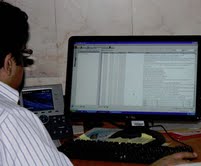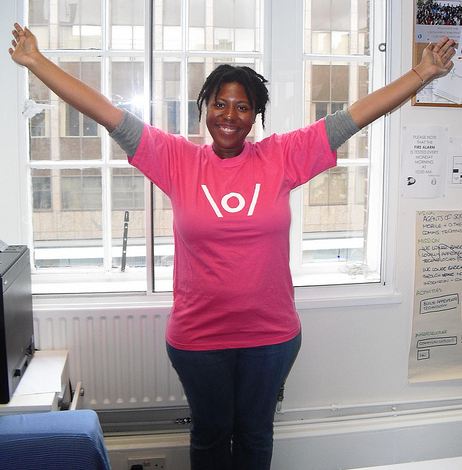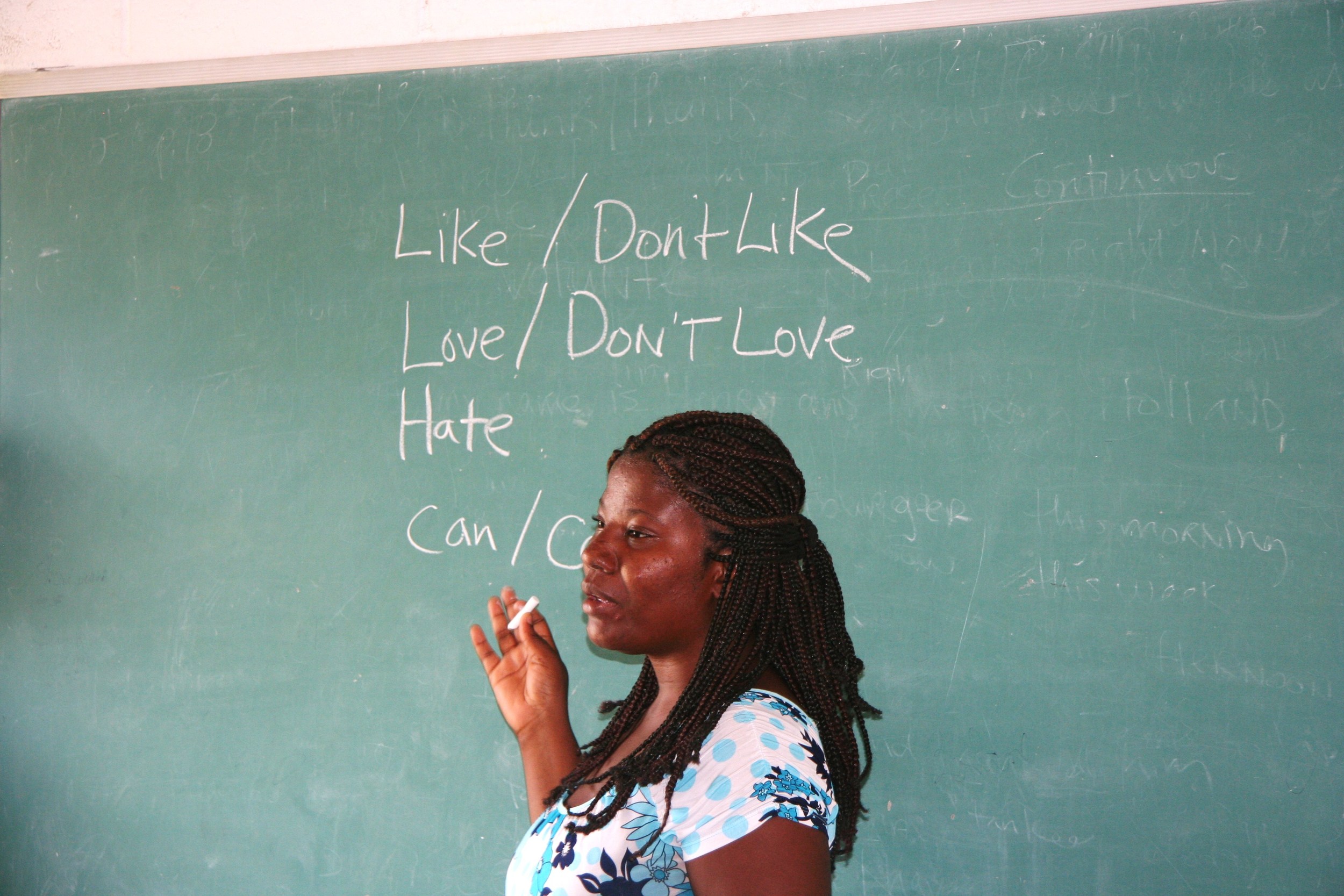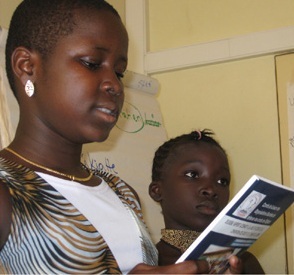Guest post from FrontlineSMS user Gordon Gow, University of Alberta Here at the University of Alberta we are using FrontlineSMS to support graduate student research in communication and technology. Among its range of activities, the Mobile Applications for Research Support (MARS) Lab provides access to FrontlineSMS and mobile phones to allow students and community groups to set up and run pilot projects using text messaging.
Among our projects, the MARS Lab is providing support for “Get the Word Out” program operated in partnership with Edmonton’s Centre to End All Sexual Exploitation (CEASE). CEASE works through partnerships to create and pursue strategies to address sexual exploitation and the harms created by prostitution. Their work includes public education, client support, bursaries, counselling, trauma recovery and emergency poverty relief for individuals working to heal and rebuild their lives after experiencing exploitation.
“Get the Word Out” is a harm reduction service that uses FrontlineSMS to enable women involved in prostitution to anonymously report incidents or concerns about violence or crime that is affecting them or may affect others. The program also offers an network for these women to share thoughts or provide peer-based social support using anonymous text messages. FrontlineSMS is set up to auto-forward incoming text messages to a distribution group that includes frontline support agencies and clients who have chosen to subscribe to the service. The auto-forwarding process removes the callerID from the text and preserves only the contents, ensuring anonymity of the issuer. Text messages are also forwarded to a set of email addresses provided by the frontline agencies, as well as a protected Twitter account.
The MARS Lab is also involved in other projects using FrontlineSMS. For example, it is working in collaboration with Simon Fraser University to pioneering the use of FrontlineSMS in combination with Ushahidi to explore the use of social media in campus health and safety. This project is using FrontlineSMS to receive text messages from students and staff at both the University of Alberta and Simon Fraser University to report health and safety concerns on campus. The goal of the project is to better understand how text messaging can provide a low cost, low barrier means of reporting to encourage the campus community to help mitigate risks to health and safety on a university campus.
Furthermore, in early 2012 the MARS Lab will be launching a pilot project in partnership with LIRNEasia and the Sri Lanka Department of Agriculture to explore the use of text messaging to support Agricultural Extension Services in the Dambulla and Matale districts. This pilot will involve deployments of FrontlineSMS at three agricultural information centres and is also expected to include a deployment of FrontlineSMS:Radio with a local radio station to support audience interaction for one of the live agriculture talk shows.
It's great to see the diverse range of projects which the University of Alberta is supporting in their use of FrontlineSMS! This post was originally shared on the FrontlineSMS Community Forum. You can see the full original post and connect with Gordon on our forum here.















